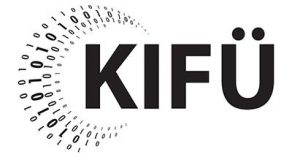
D-Ila in V4
PARTNERSHIP
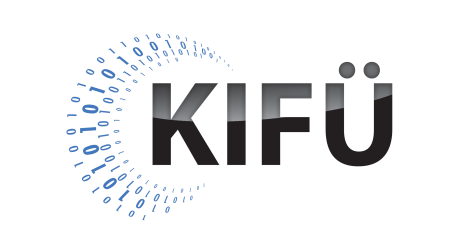
KIFÜ’s e-infrastructure for research and education complies with European standards and demands, by featuring a complex portfolio of services, with full connection to the approx. 40 European NRENs (National Research and Education Network e-infrastructures), and indirect connection to an additional approx. 60 non-European NRENs. It covers all internationally accepted functions of ICT-based communication and cooperation, information processing and data storage, by providing all research areas with e-infrastructure.
The e-infrastructure of KIFÜ, as part of the GÉANT infrastructure (the European backbone network connecting the NRENs and supporting the ICT infrastructure for research and education in Europe) and of the PRACE and EUROHPC infrastructure (the pan-European supercomputing infrastructures), provides stable and full-featured connection and cooperation possibilities. It enables access to all research institutions and researchers in Europe, including all major European research infrastructures. Multimedia information management, resource and service virtualisation, federated identification and access management, specific educational and research support service are among the tools built in the system for a better user experience.
On top of the KIFÜ provided national e-infrastructure (networking,federated identity, cloud and multimedia collaboration) services – KIFÜ built a Hungarian Supercomputing Service and Competence Center.
Over many years of experience laid down in supercomputing and high volume, distributed data storage the NIIF Program augmented a large piece of distributed scientific infrastructure and corresponding support services. They are broadly used for contemporary scientific simulations and data processing including artificial intelligence research. To support the highly intensified artificial intelligence research KIFÜ recently launched a new top500 supercomputer called Komondor, with a dedicated AI partition.
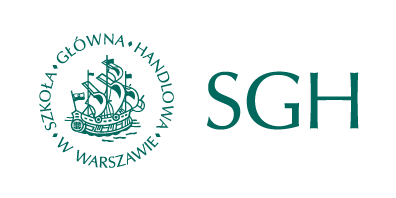
SGH Warsaw School of Economics (WSE) (in Polish: Szkoła Główna Handlowa w Warszawie) is the oldest university of economics in Poland and one of the leading universities of economics in Europe. WSE was founded in 1906 as the first public university of economics and management in Poland. It maintains close links with business community that facilitate conducting research projects. WSE is ranked Poland’s top research university in economic sciences, with the grade of excellency awarded by Ministry of Science and Higher Education.
The research activity concentrates in the institutes, chairs and departments comprised in five Collegia. Annually about 2000 alumni graduate from the WSE. Every year WSE organises over 40 local & international seminars and conferences on different current economic and social topics.
SGH Warsaw School of Economics employs over 700 members of research staff specialising in different disciplines of social science, such as macro- and microeconomics, economics of innovation and competitiveness, international economics, industrial economics and developmental studies, economic and social policy, including R&D policy.
WSE regularly belongs to beneficiaries of international research grants of the Framework Programmes, Erasmus+ Programme, EU tenders and other institutions.
The project D-ILA in V4 is located at the Economic Sociology Unit of the Collegium of Socio-Economics. The unit conducts research related to theory of economics, public and social policy, including educational policy, sociology, micro- and macroeconomics, regional and local economy. It should be underlined that researchers of the Collegium established excellent cooperation with key educational stakeholders: VET schools and private training providers as well as employers’ associations, trade unions and chamber of industries. Researchers of the Collegium developed also strong links with the educational decision makers at the national as well as European level and have been actively involved in the social debates on modernising VET,HE and lifelong learning systems in Poland and at the European level.The WSE research team possess extensive experience in the main topics related to the project. Each of the project team members is actively involved in designing and implementing educational policies at national and European level and has been actively involved in the social debates on modernising VET and HE in Poland and at the European level.
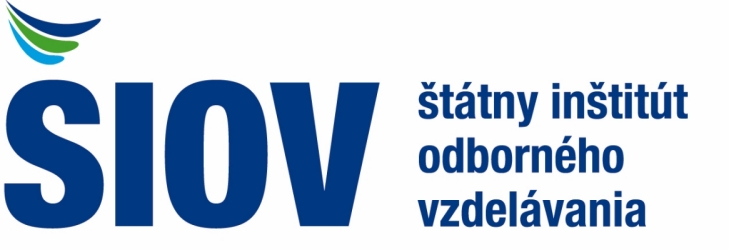
The State Institute of Vocational Education is an agency of the Ministry of Education, Science, Research and Sport of the Slovak Republic (MoE) in charge of coordination of vocational education and training (VET) and adult learning in Slovakia. The Institute supports the development of national policies in education and helps to introduce new trends and innovations in VET and adult education.
ŠIOV is a member of the European Basic Skills Network, European Forum for VET (EfVET) and the European Association for Education of Adults (EAEA). The ŠIOV´s staff are the members of various advisory bodies and working groups at EU and other institutions.
The institute has extensive experiences in implementation of EU-funded projects, including large-scale ESF-funded national projects, Erasmus+, EaSI Programme, etc. supporting implementation of VET and adult learning policies in Slovakia.
In 2021, ŠIOV was commissioned by MoE to coordinate preparation of the Strategy for Lifelong Learning and Guidance for 2021-2030, which also reflects introduction of new elements in the education and qualifications systems, such as microcredentials and individual learning accounts, as well as important elements to support participation of adults in learning. The members of the project team have been involved in adult education at national and European level and capacity building for a long time and have extensive experience in transnational cooperation and implementation of international projects.
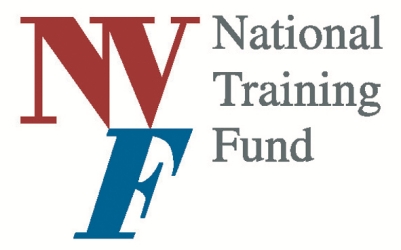
National Training Fund (NTF) (in Czech Národní vzdělávací fond) is an independent non-profit organisation, established in 1994, active in the development of human resources quality, lifelong learning and employment in relation to competitiveness, technological progress and innovation. It provides expert services, carries out research activities and implements projects for users at national and regional level, as well as for international institutions such as the European Commission, Cedefop and the OECD.
NTF participates in national and international projects aimed at the occupational and skill needs analyses. NTF has especially experience in analysing processes related to current Industry 4.0 trends, for example automatization and robotization, ICT trends in education and training, advanced technology usage in production and services, etc. NTF has also experience in analysing university programmes and graduates´ labour market prospects and employability. To perform analytical work NTF cooperates with various experts and professional organisations incl. social partners, universities and other education providers, research bodies, Ministries and private companies.
NTF uses a wide range of quantitative and qualitative methodologies which are combined in a suitable way when solving specific projects. Analyses of statistical data are performed, including extensive sets of primary data within research projects. NTF also conducts questionnaire surveys among companies and individuals and extensive in-depth interviews and focus groups.
